Cats have been human companions for thousands of years, revered for their mysterious nature and graceful elegance. In recent years, scientific studies have delved into the psychological benefits of having cats as pets. This article explores the connection between cats and mental health, examining how these felines can positively impact our emotional well-being.
A Brief History of Cats and Humans

Photo by Tatiana Syrikova via Pexels
The relationship between cats and humans dates back over 9,000 years when they were first domesticated in the Near East. Throughout history, cats have been worshipped, vilified, and adored across various cultures. Their unique roles in human societies set the foundation for the profound psychological connections we experience with them today.
The Science Behind Purring
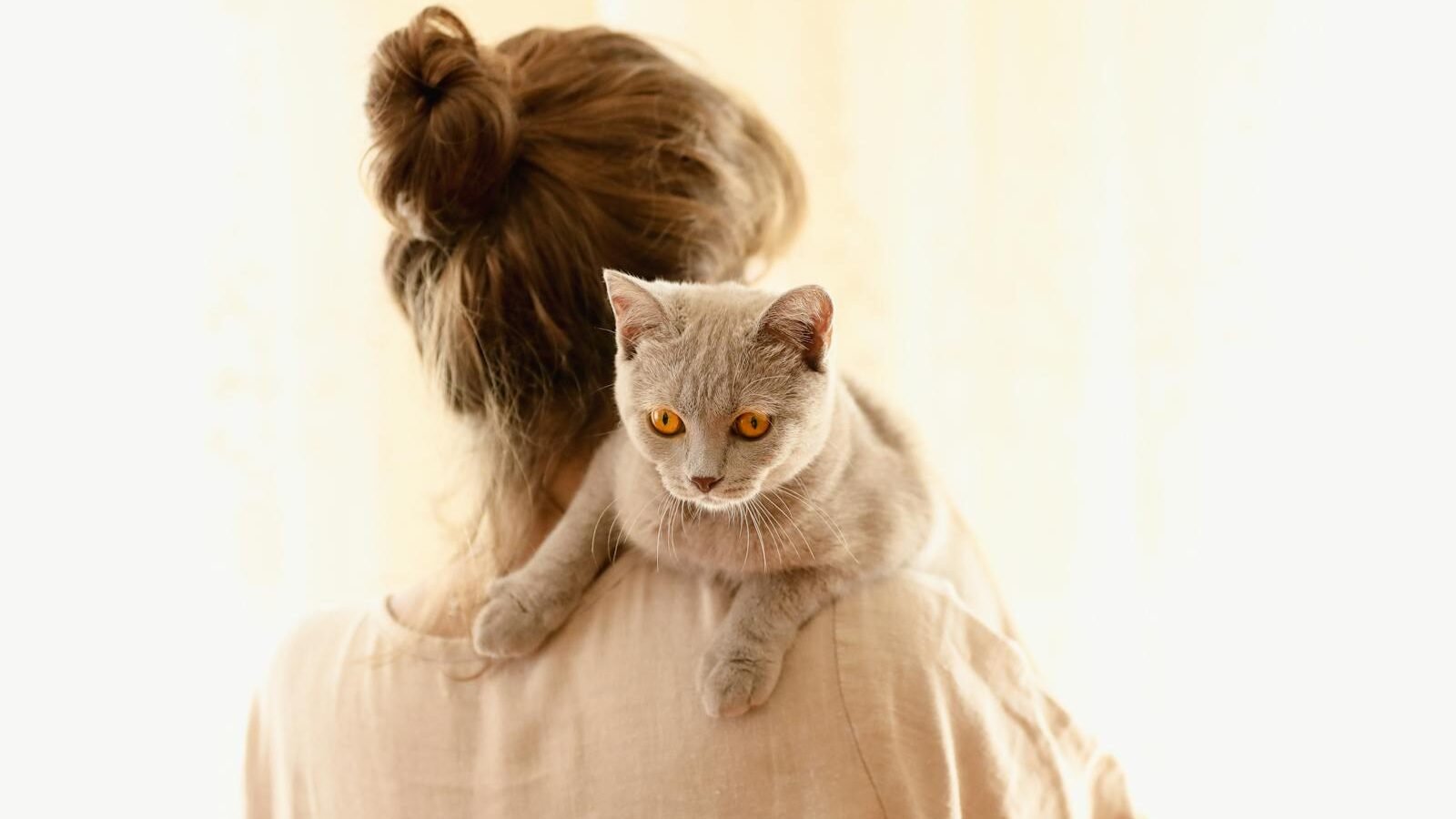
Photo by Ayşegül Delice via Pexels
The gentle, rhythmic sound of a cat’s purr is not just soothing — it carries therapeutic benefits. Researchers have discovered that purring can reduce stress levels, lower blood pressure, and promote healing, creating a calming effect that can significantly enhance our mental health.
Cats as Stress Relievers

Photo by Ahmed via Pexels
Interacting with cats can be an excellent way to alleviate stress. Their playful antics and affectionate behavior can distract us from our daily anxieties, providing a much-needed break from the pressures of life. These interactions can lead to the release of endorphins, the body’s natural stress-relievers.
Boosting Mood and Alleviating Depression

Photo by Marina Zvada via Pexels
Cats offer unconditional love and companionship, which can be particularly beneficial for individuals suffering from depression. The bond formed with a pet cat provides emotional support, reducing feelings of loneliness and despair through constant companionship and affection.
Cats and Anxiety Reduction
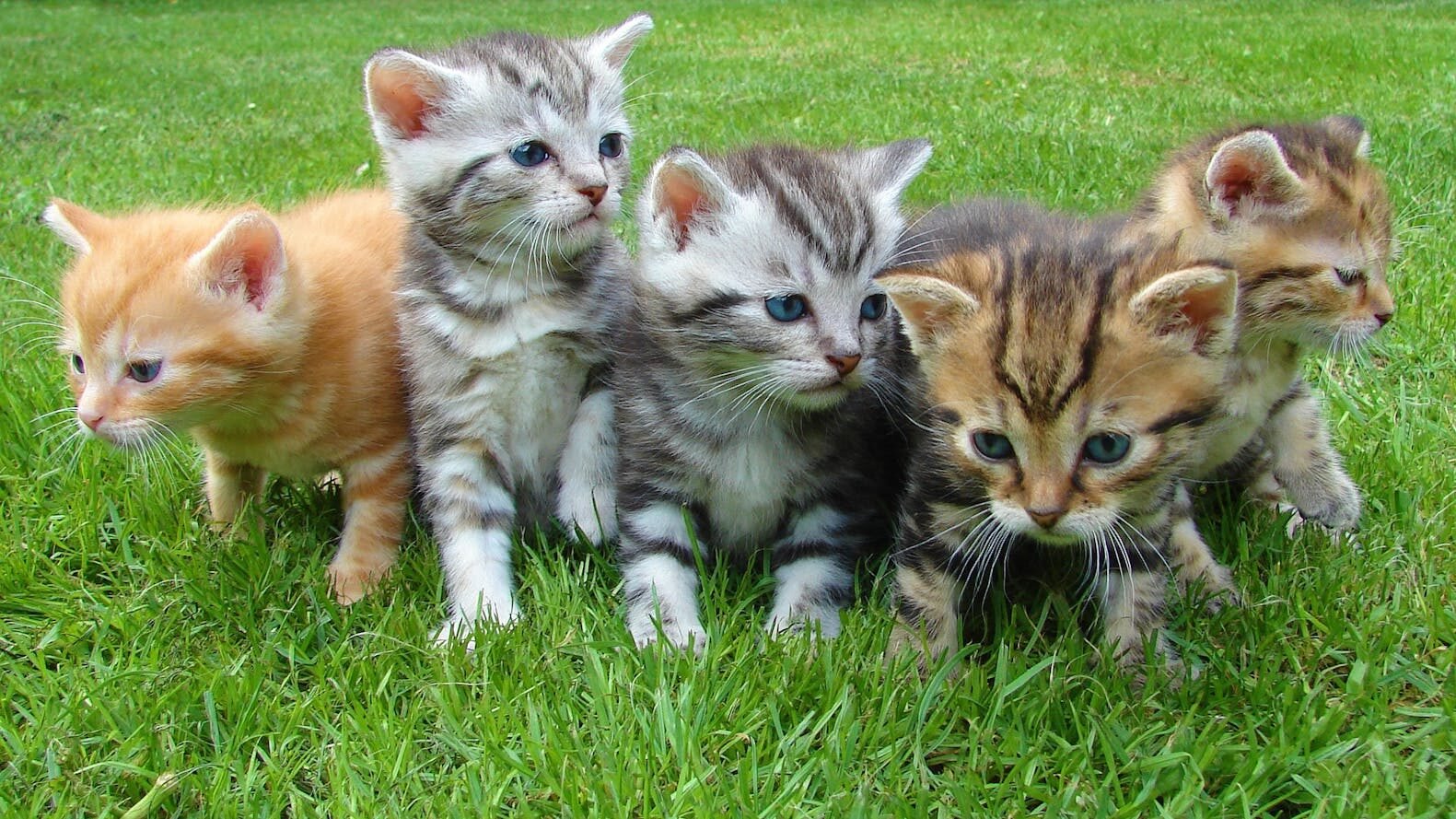
Photo by Pixabay via Pexels
Living with a cat can significantly decrease anxiety levels. The routine of caring for a pet provides structure, thereby reducing feelings of chaos and uncertainty. Moreover, petting a cat can activate the brain’s relaxation response, fostering a sense of calmness and tranquility.
Promoting Social Interaction and Reducing Loneliness
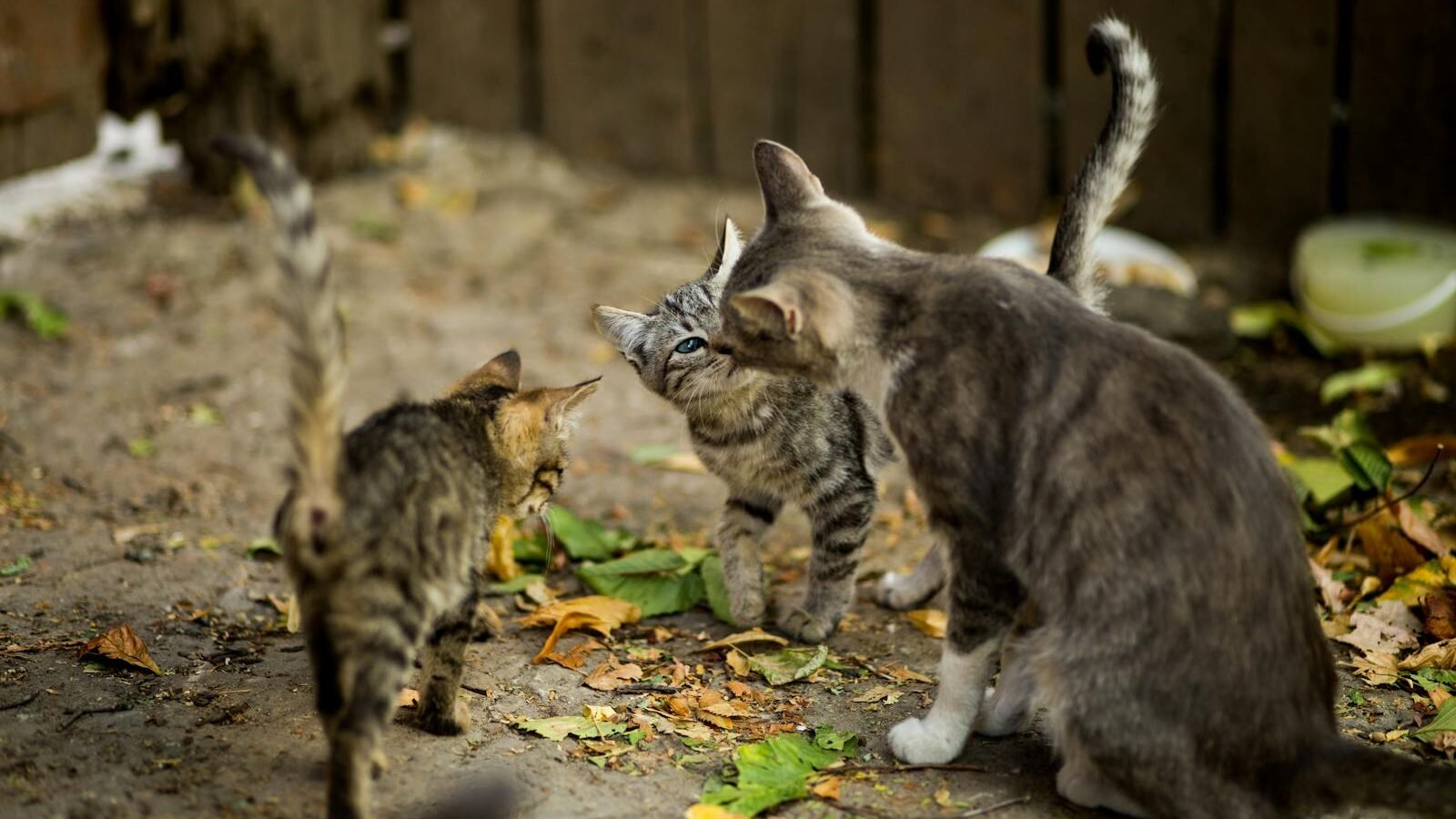
Photo by EVG Kowalievska via Pexels
Cats not only offer companionship to their owners but also encourage social interaction in various settings. Pet owners often connect with other cat lovers, fostering a sense of community and reducing feelings of isolation, particularly beneficial for individuals who might feel marginalized or alone.
Therapeutic Roles of Cats

Photo by Irfan Rahat via Pexels
Cats are increasingly being employed in therapeutic settings as emotional support animals. Their calming presence helps patients dealing with PTSD, anxiety, and other mental health issues, offering non-judgmental companionship that facilitates emotional healing.
Childhood Development and Emotional Growth
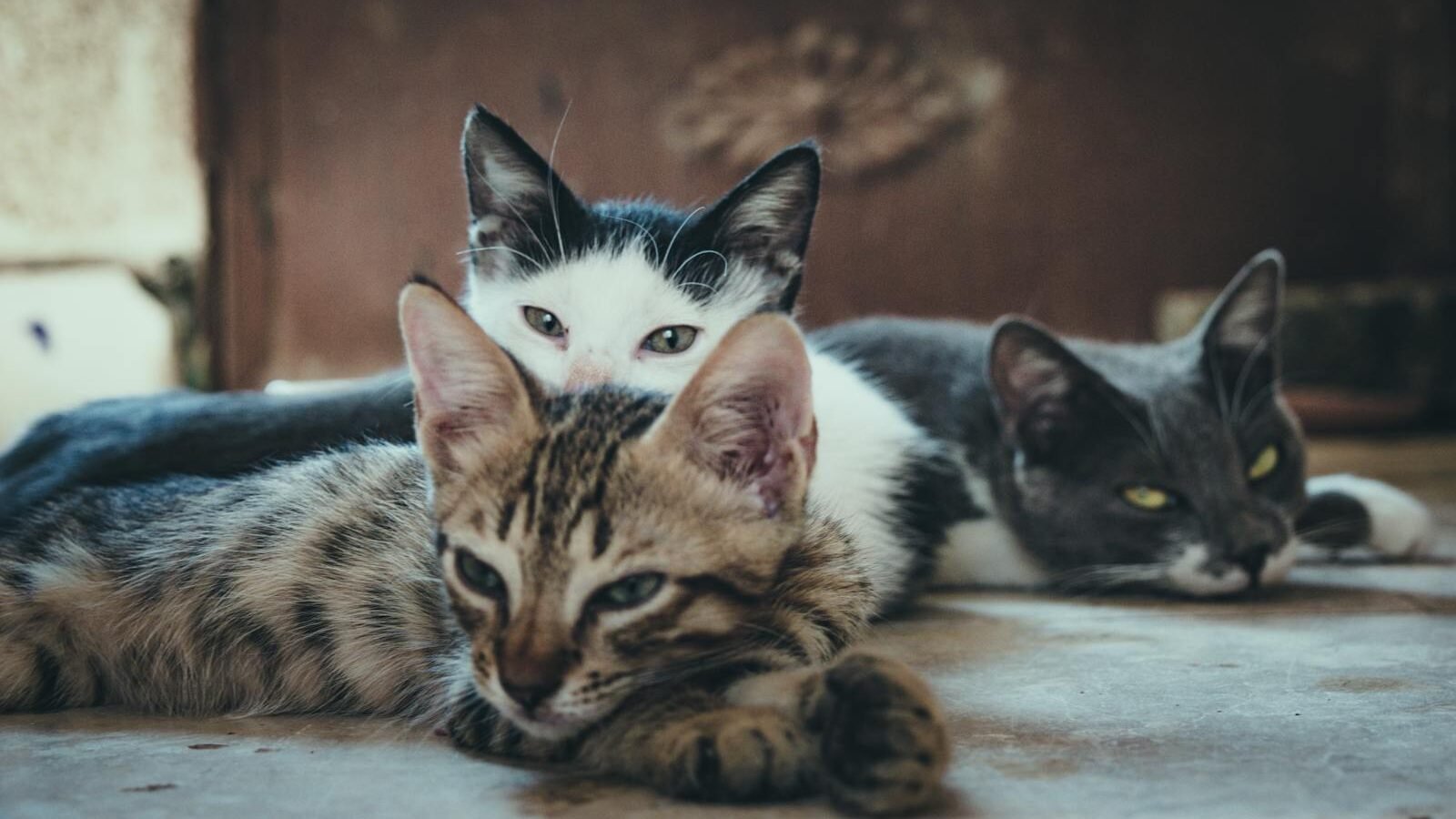
Photo by Mustafa ezz via Pexels
For children, growing up with a cat can enhance emotional and cognitive development. Caring for a pet teaches responsibility, empathy, and compassion. Furthermore, the bond between children and their feline companions can provide crucial emotional support during developmental years.
Conclusion: Embracing the Healing Power of Cats
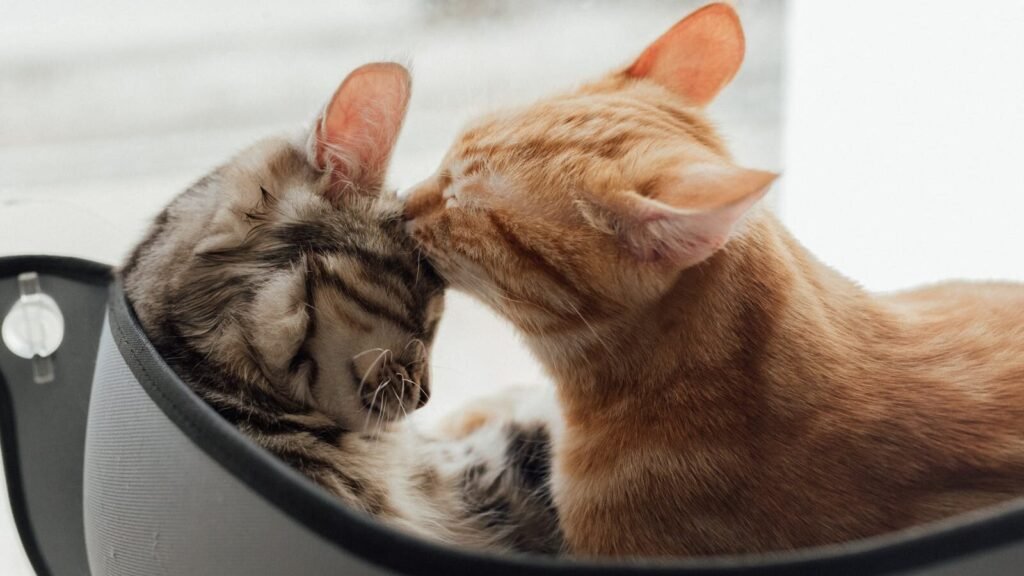
Photo by Arina Krasnikova via Pexels
The connection between cats and mental health benefits is supported by both anecdotal experiences and scientific studies. These beloved animals offer more than just companionship; they are partners in emotional wellness. Embracing a cat into your life might just be the key to achieving a more balanced and fulfilling mental state.
Final Thoughts: A Mindful Approach to Pet Ownership

Photo by Vlada Karpovich via Pexels
While the benefits are numerous, owning a cat is a significant responsibility that requires mindful consideration. Potential owners should assess their ability to provide a stable home and companionship in reciprocation. Given the right environment, a cat can significantly enhance one’s quality of life through their unique feline magic.

With over a decade of experience as a dedicated cat lover and enthusiast, I specialize in writing captivating content about all things feline. My expertise shines through in creating engaging and informative pieces that resonate with fellow cat lovers. As a proud cat parent to my beloved Duston, my personal connection to the world of cats adds authenticity and warmth to my work, making it relatable and heartfelt.






